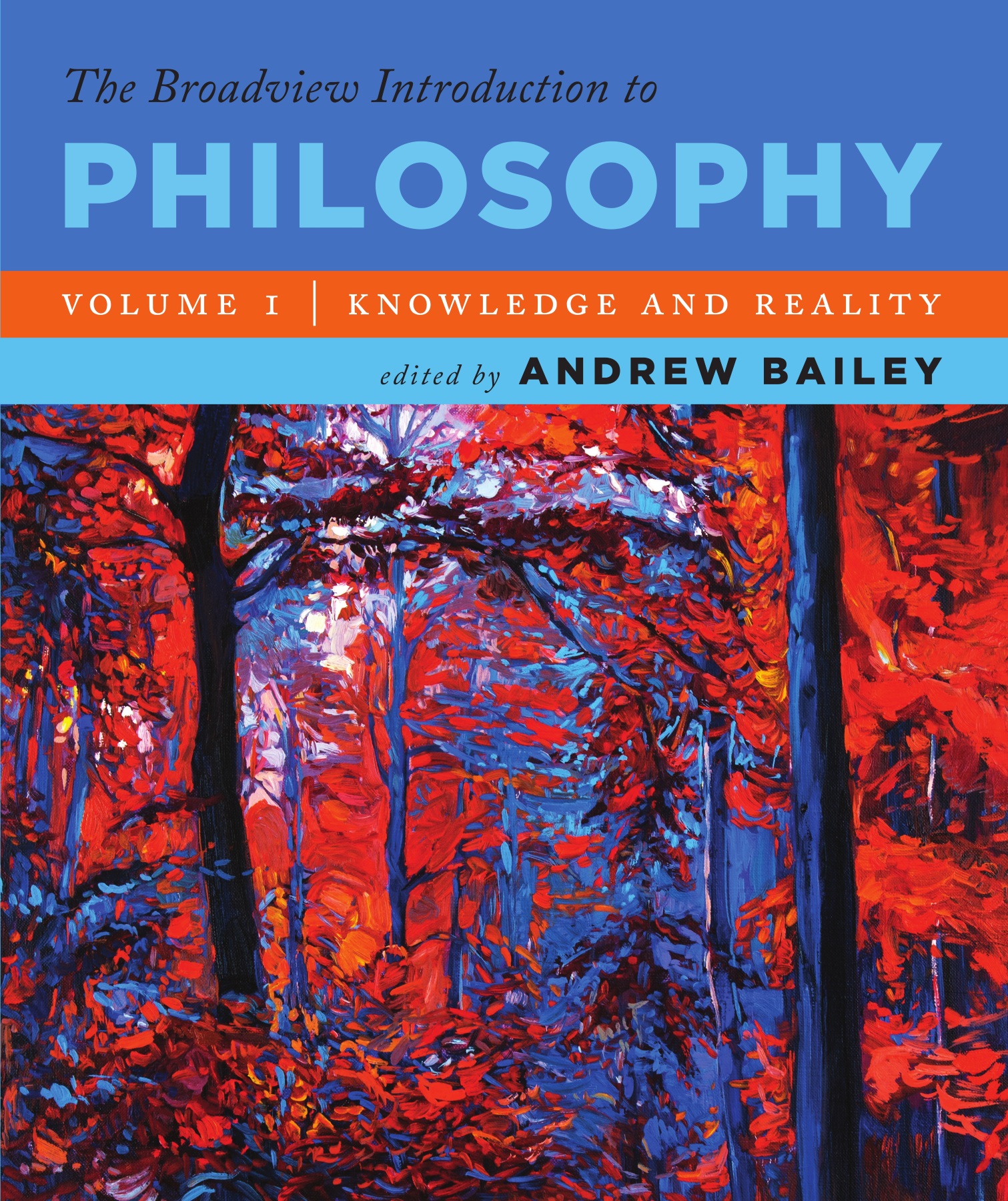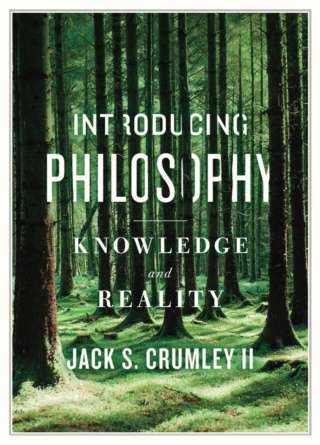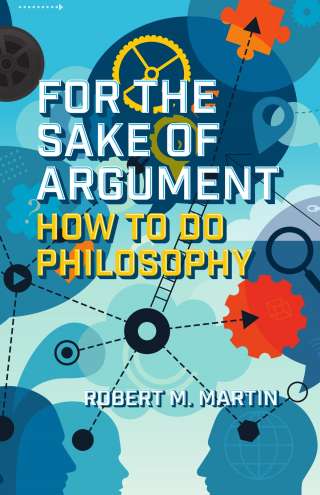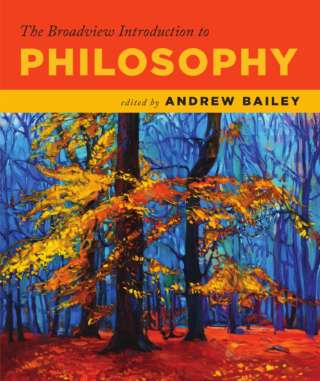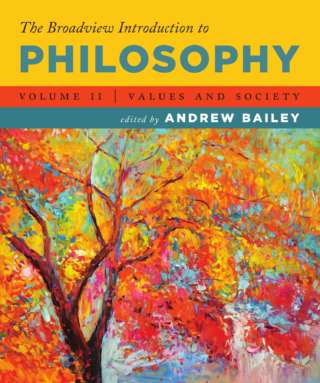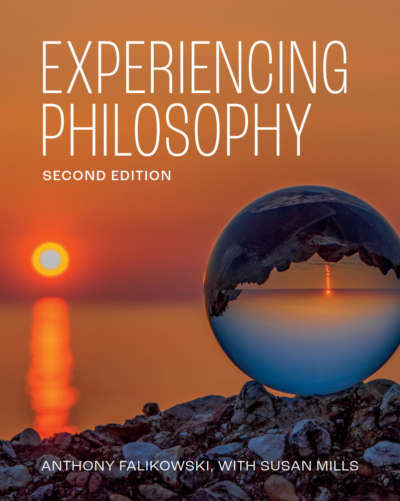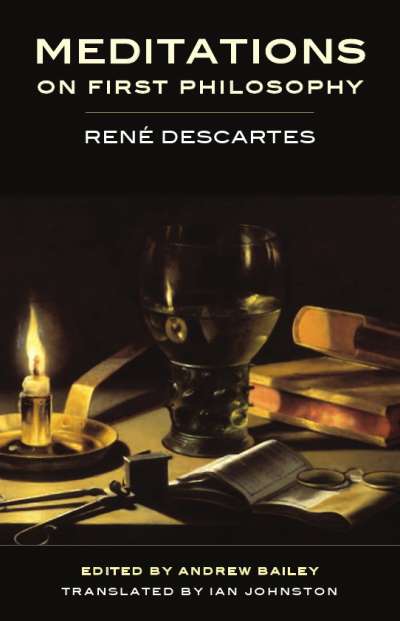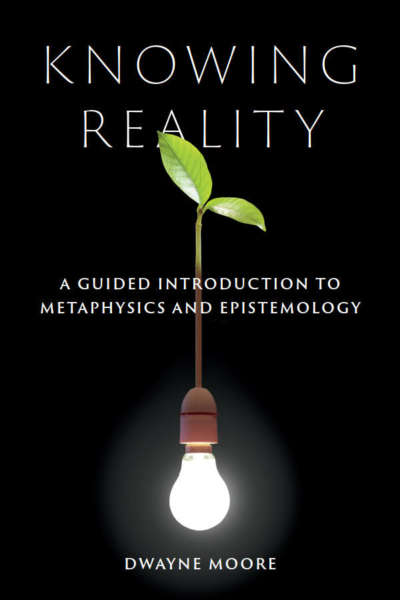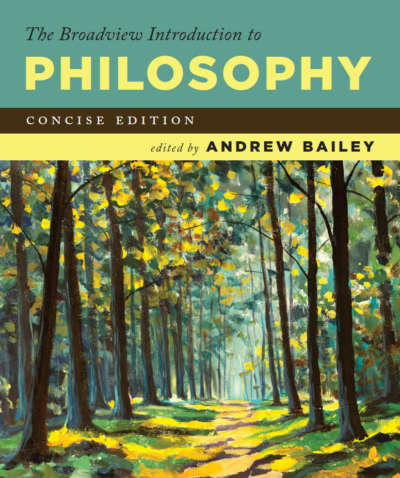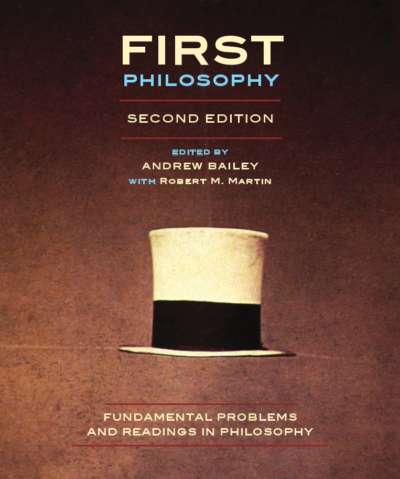This volume of The Broadview Introduction to Philosophy offers a thoughtful selection of readings in epistemology, metaphysics, and the philosophy of religion. Substantial selections from important historical texts are provided (including the entirety of Descartes’s Meditations), as are a number of contemporary readings on each topic. Unlike other introductory anthologies, the Broadview offers considerable apparatus to assist the student reader in understanding the texts without simply summarizing them. Each selection includes an introduction discussing the context and structure of the primary reading, as well as thorough annotations designed to clarify unfamiliar terms, references, and argument forms.
This volume is intended for use in introductory courses on religion, epistemology, and metaphysics. A complete edition of The Broadview Introduction to Philosophy, which also includes readings on ethics and social-political philosophy is available here.
Comments
Praise for The Broadview Introduction to Philosophy
“The Broadview Introduction to Philosophy is an outstanding text for introductory philosophy courses. It contains a wonderful collection of readings. Moreover, the editor provides highly informative introductions to the readings.” — Marc Ereshefsky, University of Calgary
“The Broadview Introduction to Philosophy is a carefully curated collection of classic and contemporary philosophical texts. In this volume, Bailey attains a more equitable representation of philosophers than is typical of most introductory philosophy anthologies, and his inclusion of additional materials—useful introductions, descriptions of overall projects, and background information—makes this anthology ideal for students in today’s introductory courses.” — Andrea Sullivan-Clarke, University of Windsor
“The Broadview Introduction to Philosophy offers helpful contextualization and clarification of its readings, along with overviews of how particular arguments fit into larger discussions. But it also offers something more. Blending the ‘canon’ with the new—in terms of both the issues raised and the voices raising them—this anthology offers a compelling answer to the perennial question in introductory courses: Why should I care about philosophy? Because it matters.” — Brynn Welch, University of Alabama at Birmingham
“The Broadview Introduction to Philosophy is a very useful collection, as it initiates questions in metaphysics, epistemology, and ethics out of considerations in the philosophy of religion. This is a compelling way to help students start philosophizing.” — Scott F. Aikin, Vanderbilt University
Acknowledgments
How to Use This Book
Introduction
- What Is Philosophy?
- A Brief Introduction to Arguments
- Introductory Tips on Reading and Writing Philosophy
PART I: PHILOSOPHY OF RELIGION
- Does God Exist?
- St. Anselm of Canterbury
- Proslogion, Preface and Chapters 2–5; Pro Insipiente (“On Behalf of the Fool”) by Gaunilo of Marmoutiers; Anselm’s Reply to Gaunilo
- St. Thomas Aquinas
- Summa Theologiae, Part I, Question 2: Does God Exist?
- David Hume
- from Dialogues Concerning Natural Religion
- William Paley
- Gottfried Leibniz
- Theodicy: Abridgment of the Argument Reduced to Syllogistic Form
- J.L. Mackie
- Marilyn McCord Adams
- Horrendous Evils and the Goodness of God
- Blaise Pascal
- “The Wager,” from Pensées
- William K. Clifford
- William James
PART II: THEORY OF KNOWLEDGE
- Epistemology
- Plato
- “The Allegory of the Cave”
- René Descartes
- Meditations on First Philosophy
- John Locke
- from An Essay Concerning Human Understanding
- Immanuel Kant
- from Critique of Pure Reason, Introduction
- G.E. Moore
- “Proof of an External World”
- Edmund L. Gettier
- “Is Justified True Belief Knowledge?”
- Lorraine Code
- “Is the Sex of the Knower Epistemologically Significant?”
- Jennifer Saul
- “Scepticism and Implicit Bias”
- Lee Hester and Jim Cheney
- “Truth and Native American Epistemology”
- Philosophy of Science
- David Hume
- from An Enquiry Concerning Human Understanding
- Carl Hempel
- “Scientific Inquiry: Invention and Test”
- Karl Popper
- “Science: Conjectures and Refutations”
- Thomas Kuhn
- “Objectivity, Value Judgment, and Theory Choice”
- Helen Longino
- “Can There Be a Feminist Science?”
PART III: METAPHYSICS
- Philosophy of Mind
- Gilbert Ryle
- from The Concept of Mind (“Descartes’s Myth”)
- Ned Block
- from “Troubles with Functionalism”
- Thomas Nagel
- “What Is It Like to Be a Bat?”
- Frank Jackson
- from “Epiphenomenal Qualia” and “What Mary Didn’t Know”
- David Chalmers
- “The Puzzle of Conscious Experience”
- Amy Kind
- “How to Believe in Qualia”
- Free Will
- Paul Rée
- from The Illusion of Free Will, Chapters 1 and 2
- Ishtiyaque Haji
- from Incompatibilism’s Allure
- A.J. Ayer
- Harry G. Frankfurt
- “Alternate Possibilities and Moral Responsibility”
- P.F. Strawson
- Susan Wolf
- “Sanity and the Metaphysics of Responsibility”
- Personal Identity
- John Locke
- from An Essay Concerning Human Understanding
- Bernard Williams
- “The Self and the Future”
- Daniel C. Dennett
- Derek Parfit
- Marya Schechtman
- “Experience, Agency, and Personal Identity”
Permissions Acknowledgements
Andrew Bailey is Professor of Philosophy and Associate Dean of Arts at the University of Guelph.
The Broadview Introduction to Philosophy has additional online material for both instructors and students.
Instructor Website:
An access code to this website is included with all examination and desk copies. If you received an instructor copy of the book but don’t have an access code, please contact us.
- — Multiple-choice and true/false review questions on each of the book’s readings, which can be downloaded as Word files or in a digital format that can be uploaded to many Learning Management Systems (Blackboard, Moodle, etc.).
- — Teaching notes on each the book’s readings, written by an experienced philosophy instructor.
Student Website:
Every new copy of The Broadview Introduction to Philosophy includes a passcode granting access to a companion website. If you purchased a used copy of the book and did not receive an access code, you can purchase one for a nominal cost here.
- — Self-Test Questions for each of the book’s readings, offered in an interactive format for immediate feedback.
- — A unique Argumentative Essay Builder, through which one can generate a complete essay outline by responding to a series of prompts.
- — Information on the conventions of writing in philosophy, including a list of fallacies, an annotated sample essay, and a guide to citation.
- — A collection of philosophical puzzles and paradoxes.
- — Suggestions for further reading, as well as two additional texts introduced and annotated by Andrew Bailey.
- — Web links
To read a sample from The Broadview Introduction to Philosophy click here. (Opens as a PDF.)
The Broadview Introduction to Philosophy is available as a digital courseware package on the Broadview Enhanced platform. This package combines the eBook with a set of auto-grading quizzes that integrate directly with your campus Learning Management System (LMS), such as Blackboard, D2L, or Moodle. This product is ideal for Inclusive Access and other First Day programs.
If you are interested in adopting this title as a Broadview Enhanced package, or you just want to learn more about the platform, please write to ebooks@broadviewpress.com.

